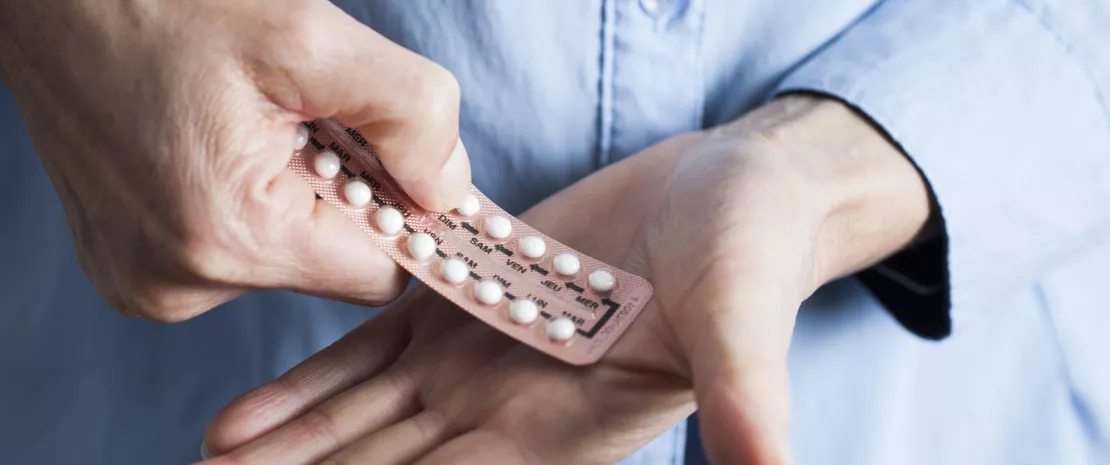Postmenopause: the beneficial action of estradiol on the vaginal microbiota
Treating genitourinary symptoms of the menopause with vaginal estradiol appears to positively modify the vaginal microenvironment. Estradiol may have beneficial effects on the microbiota that are much more effective than simply treating symptoms.
Lay public section
Find here your dedicated section
Sources
This article is based on scientific information

About this article
29% Only 1 in 4 women aged 60 and over said their doctor had ever taught them what vaginal microbiota was and what it was used for (vs. 35% overall)
Vaginal dryness, pain, itching: postmenopause often comes with genitourinary symptoms. Vaginal estradiol or a moisturizing cream are frequently prescribed to relieve these symptoms, but the impact of these treatments on the vaginal microenvironment is poorly understood.
A comparative study
In 2016-2017, 302 postmenopausal women (average age 64) with moderate to severe vulvovaginal discomfort took part in the MsFLASH Vaginal Health Trial, a multicenter double-blind randomized clinical trial.
The aim :
The aim was to compare at 12 weeks the effect of a 0.01 mg vaginal estradiol tablet (+ a placebo gel) and a vaginal moisturizing gel (+ a placebo tablet) with a double placebo. While there was surprisingly no major difference in the reduction of symptoms experienced, at 12 weeks, more participants in the estrogen group had a vaginal pH of less than 5 and more than 5% superficial cells on VMI (Vaginal Maturation Index) than the placebo group.
Should these changes be interpreted as a beneficial effect on the vaginal environment beyond the mere improvement of symptoms? This is what the researchers sought to find out via a post-hoc analysis of a sub-group of 144 postmenopausal women.
Towards a healthier vaginal microbiota?
At 12 weeks, 80% of women in the estradiol group had vaginal bacterial communities dominated by Lactobacillus and Bifidobacterium, compared to only 36% in the moisturizer group and 26% in the placebo group.
Another change observed in the estradiol group was a change in the composition of vaginal fluid metabolites (significant changes for more than half of the 171 metabolites tested), including an increase in lactate, most certainly contributing to the additional decrease in pH in this group.
The effect of estradiol was more pronounced in women who initially had a very diverse vaginal microbiota (considered less healthy), a high vaginal pH, and a low VMI. Estradiol may therefore stimulate the metabolic activity of beneficial lactic acid-producing bacteria, such as lactobacilli and bifidobacteria.
Multiple findings
- The use of vaginal estradiol tablets appears to result in profound changes to the vaginal microbiota and metabolome.
- The benefits of the low pH moisturizer and the double placebo (lubricating effect) are limited to symptoms only.They show no significant impact on the vaginal microbiota or metabolome, despite the decrease in vaginal pH they bring about.
- This study shows that an identical reduction in pH following two different types of treatment does not necessarily reflect the same underlying biological effect, and that reducing the vaginal pH is not enough to modify the vaginal microbiota in postmenopausal women. According to the authors, this puts the value of pH-balanced gels into perspective.










